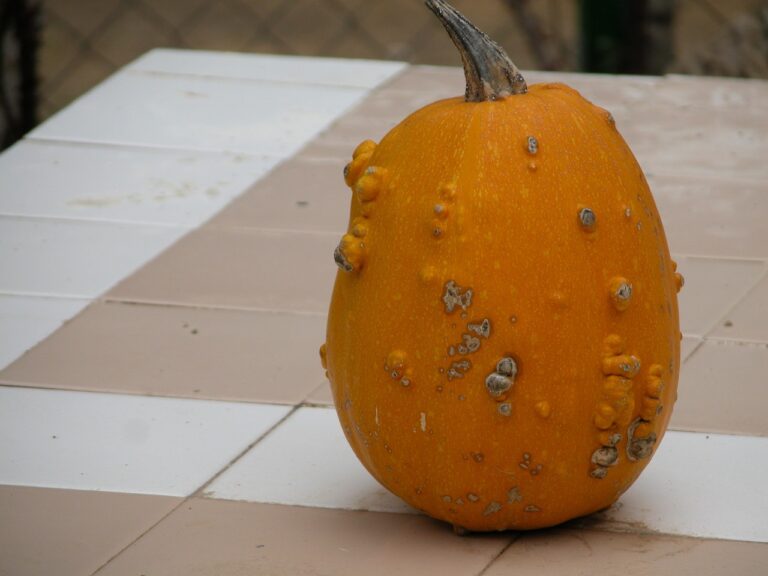The Role of Bees in Food Waste Reduction: Betbook250 com, Reddy anna book online, Playlotus365 com
betbook250 com, reddy anna book online, playlotus365 com: Bees are crucial to our ecosystem in many ways, from pollinating flowers to producing honey. But did you know that bees also play a significant role in reducing food waste? In this article, we’ll explore how bees help in food waste reduction and why their role is so important.
The Role of Bees in Food Waste Reduction
Pollination
One of the most critical ways bees help in reducing food waste is through pollination. Bees are responsible for pollinating a wide variety of fruits, vegetables, and other crops that we rely on for food. Without bees, many of these plants would not be able to produce fruits or seeds, leading to a decrease in food production and an increase in food waste.
By pollinating crops, bees ensure that plants are able to reproduce and produce the fruits and vegetables that we consume. This helps to increase crop yields and prevent food waste by ensuring that a larger percentage of the plants produce viable fruits and seeds.
Improving Crop Health
Bees also play a role in improving crop health, which can help to reduce food waste. Bees help to control pests and diseases that can affect crops by pollinating flowers and transferring pollen between plants. This helps to strengthen the plants’ immune systems and make them more resistant to pests and diseases, leading to healthier crops and a lower risk of crop failure.
By improving crop health, bees help to ensure that more of the fruits and vegetables that are grown reach maturity and are harvested for consumption. This can help to reduce food waste by increasing the overall yield of the crops and minimizing the amount of produce that is lost due to pests and diseases.
Seed Production
Bees also play a crucial role in seed production, which is essential for ensuring the future production of crops. Bees are responsible for pollinating many plants that produce seeds, including many types of grains and vegetables. Without bees, these plants would not be able to reproduce and produce seeds for future crops, leading to a decrease in food production and an increase in food waste.
By pollinating plants that produce seeds, bees help to ensure a continuous supply of seeds for future crops. This is essential for maintaining crop diversity and resilience in the face of changing environmental conditions, pests, and diseases. By ensuring the production of seeds, bees help to reduce food waste by ensuring that crops can be replanted and harvested in the future.
FAQs
Q: How do bees help in reducing food waste?
A: Bees help in reducing food waste by pollinating crops, improving crop health, and promoting seed production. Their role in pollination ensures higher crop yields, while their presence helps to control pests and diseases that can affect crops. Additionally, bees play a crucial role in seed production, ensuring a continuous supply of seeds for future crops.
Q: Why are bees important for food production?
A: Bees are important for food production because they play a crucial role in pollination, which is essential for the reproduction of many plants. Without bees, many plants would not be able to produce fruits, vegetables, and seeds, leading to a decrease in food production and an increase in food waste. Bees also help to improve crop health and seed production, which are essential for maintaining crop diversity and resilience.
Q: How can we support bee populations?
A: There are several ways to support bee populations, including planting bee-friendly plants in your garden, avoiding the use of pesticides, providing bee habitats such as bee hotels, and supporting local beekeepers. By creating an environment that is conducive to bees and their pollination activities, we can help to ensure the health and sustainability of bee populations.
In conclusion, bees play a crucial role in reducing food waste through pollination, improving crop health, and promoting seed production. Their contribution to food production is invaluable, and it is essential that we take steps to support and protect bee populations. By recognizing the importance of bees and their role in our food system, we can work towards a more sustainable and food-secure future.







